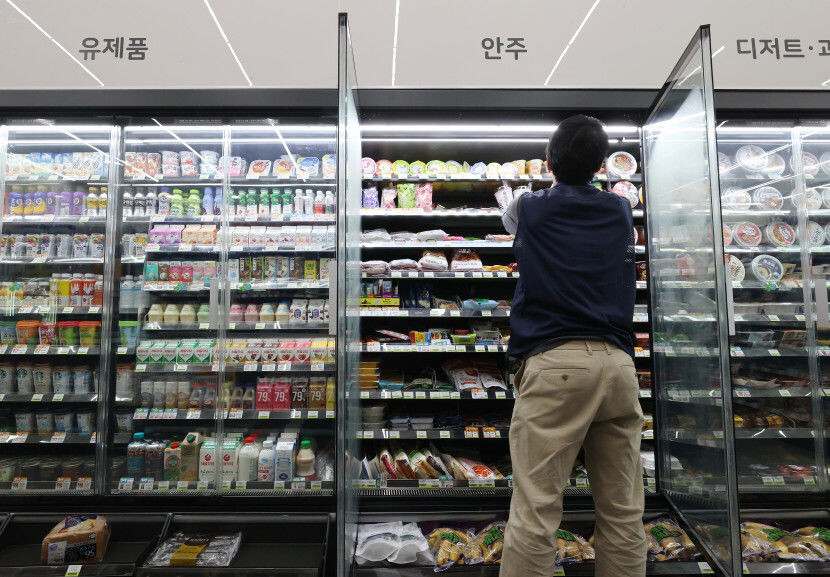
[GLOBAL ECONOMIC TIMES] Four out of 10 wage workers in their 20s were counted as irregular workers. The proportion of people in their 20s working part-time has doubled in the past 10 years, and the proportion of non-regular workers has reached an all-time high. On the other hand, the number of regular workers in their 20s reached the lowest level since statistics were compiled.
According to Statistics Korea's National Statistics Portal (KOSIS) on the 27th, out of 3,389,000 wage workers in their 20s as of last August, 43.1% (1,461,000 people) were irregular workers. The proportion of non-regular workers in their 20s is at an all-time high as of August since related statistics were compiled in 2003.
As of August, the number of non-regular workers in their 20s has steadily increased to 1,069,000 in 2014, 1,157,000 in 2017, 1,283,000 in 2020, and 1,423,000 last year.
By work type, the number of part-time workers in their 20s has nearly doubled in 10 years, leading the overall increase in non-regular workers. As of August, the number of part-time workers in their 20s increased by 401,000 in 10 years, from 416,000 in 2014 to 817,000 this year. During the same period, it increased more than temporary workers (239,000) and atypical workers (-1,000). The proportion of part-time workers among wage workers in their 20s also increased from 12.4% to 24.1% during the same period. A part-time worker refers to a person who works one hour or more shorter than the regular working hours of workers doing the same job at the same workplace.
On the other hand, the number of regular workers in their 20s was 1,929,000 this year, falling below 2 million for the first time since related statistics were compiled. As of August, the number of regular workers in their 20s increased from 2.275 million in 2014 to 2.353 million in 2018, but has steadily decreased since 2019, falling to 2.105 million last year. Over the past 10 years, the number of regular workers has decreased by 346,000, while the number of non-regular workers has increased by 392,000.
As of August, the employment rate for people in their 20s increased from 58.2% in 2014 to 61.7% this year, the highest since related statistics were compiled. However, in terms of content, the increase in non-regular workers led to the boom in employment for those in their 20s, so this is not a level of comfort. The proportion of contract workers in their 20s is also increasing. Among young people (15 to 29 years old) with employment experience as of last May, 31.4% of respondents had their first job with a contract period of less than one year, which was the highest ever since related statistics were published.
[Copyright (c) Global Economic Times. All Rights Reserved.]






























